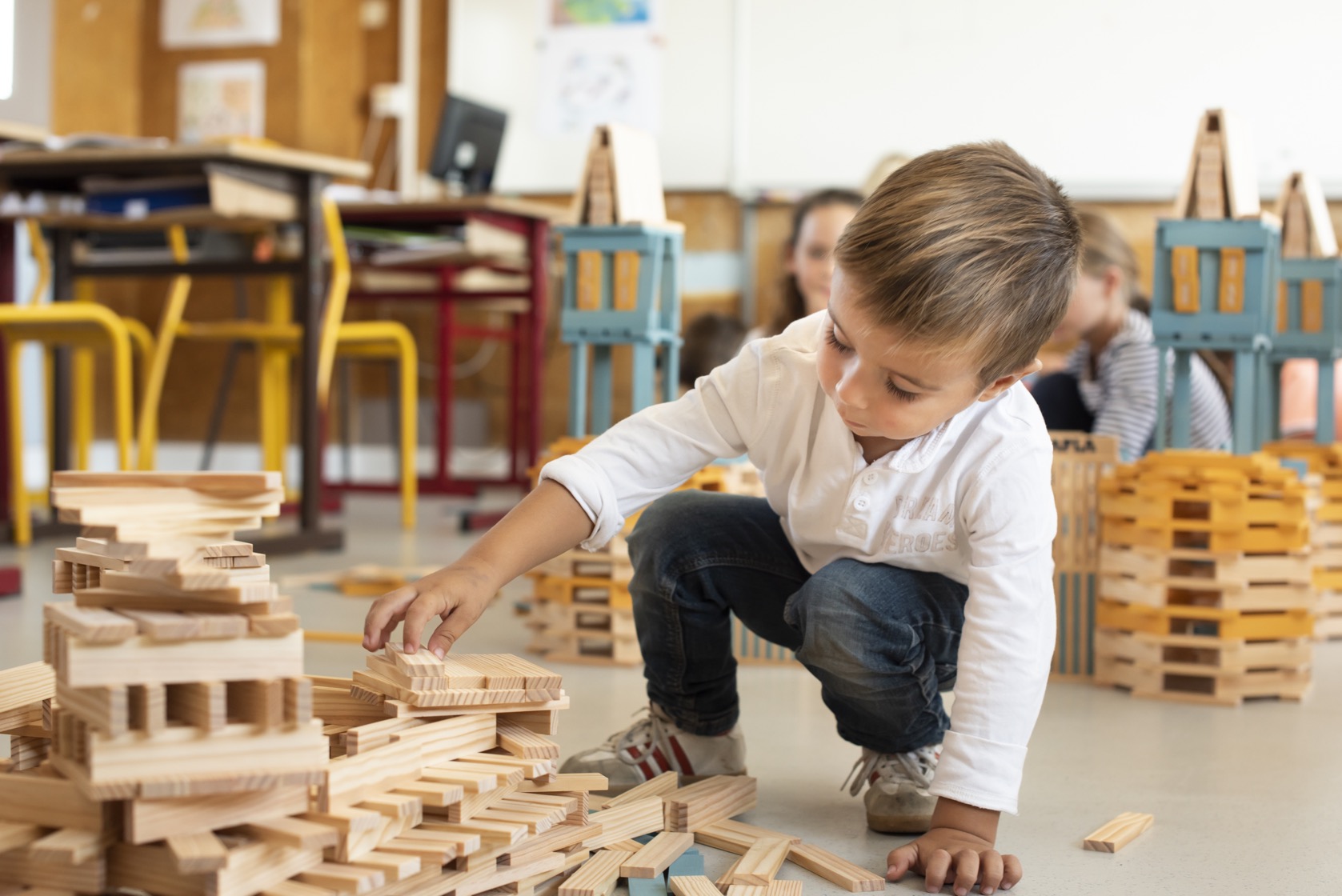Introduction
Early childhood is a pivotal period for cognitive, social, and emotional growth. Enrolling a child in Pre School can transform those formative years into a springboard for future academic success and well-rounded development. Far from being merely a place to pass time while parents work, a high-quality pre-school program nurtures curiosity, independence, and resilience—skills that echo through primary school and beyond.
The Evolution of Early Childhood Education
From Daycare to Purposeful Learning
Decades ago, many early-years centers functioned primarily as childcare facilities. Today’s pre-schools weave structured curricula into playful environments. Certified educators plan activities that align with internationally recognized developmental milestones, ensuring learning objectives guide every song, story, and craft.
The Research Driving Change
Neuroscientists have shown that 80 percent of brain development occurs before age five. Experiences during this window shape neural pathways that influence language acquisition, problem-solving, and emotional regulation. High-quality pre-school programs leverage this knowledge through targeted literacy games, sensory exploration stations, and collaborative projects that build executive function skills.
Core Pillars of an Effective Pre-School Program
- Play-Based Learning
Guided play fosters creativity and critical thinking. Whether children construct block fortresses or role-play a farmers’ market, they practice negotiation, measurement, and vocabulary in authentic contexts. - Social-Emotional Development
Circle time, group art, and cooperative outdoor challenges teach empathy, patience, and conflict resolution. Classrooms encourage children to label feelings, listen actively, and respect one another’s ideas. - Language and Literacy
Daily story sessions, phonetic songs, and labeled classroom objects immerse children in print-rich environments, laying the groundwork for reading readiness. - Mathematical Thinking
Sorting seashells by size or counting drumbeats introduces fundamental concepts of number sense, patterns, and spatial reasoning in a joyful atmosphere. - Physical Well-Being
Fine-motor tasks like threading beads strengthen the muscles necessary for writing, while obstacle courses develop gross-motor coordination and a love of movement.
Benefits for Children and Families
Confidence and Independence
Structured routines—hanging up backpacks, selecting activity centers, tidying spaces—empower young learners to manage daily tasks without constant adult intervention. These small triumphs build self-esteem that translates into primary-school readiness.
Advanced Communication Skills
A classroom buzzing with questions, songs, and peer discussion accelerates vocabulary growth. Children gain confidence expressing needs, narrating experiences, and asking “why,” which strengthens comprehension and storytelling abilities.
Smoother Transition to Formal Schooling
Students accustomed to group learning adapt quickly to primary classrooms. They already understand how to line up, take turns, and follow multi-step instructions, easing anxiety for both child and teacher during the first weeks of kindergarten.
Parental Peace of Mind
Knowing a child is engaged in purposeful activities under professional care allows parents to focus on work or household responsibilities. Many pre-schools also provide regular progress reports, photo journals, and parent-teacher conferences, fostering a collaborative partnership.
Selecting the Right Pre-School
Accreditation and Curriculum Framework
Look for institutions that follow established standards such as the International Baccalaureate Primary Years Programme, Montessori, Reggio Emilia, or national early-years guidelines. Accreditation ensures teachers receive continuous training and classrooms meet safety and quality benchmarks.
Teacher Qualifications and Ratios
Certified educators with early-childhood credentials understand developmental psychology and differentiated instruction. Low student-to-teacher ratios—ideally no more than eight children per adult—allow for individualized attention.
Environment and Resources
Visit classrooms during active hours. Well-designed spaces feature child-sized furniture, diverse learning centers (science corner, art studio, sensory table), and ample natural light. Outdoor areas should include both physical-challenge equipment and quiet nature zones.
Values and Community Fit
Observe how staff model respect, cultural inclusivity, and conflict resolution. Ask how the school celebrates holidays, handles dietary needs, and engages families through workshops or volunteering opportunities.
Preparing Your Child for the First Day
- Establish Routines Early
Adjust bedtime and wake-up schedules gradually so mornings feel calm rather than rushed. - Practice Separation
Short playdates without parents or trial days at the school ease anxiety about being away from home. - Label Belongings Together
Adding name stickers to lunchboxes and sweaters builds excitement and ownership. - Talk Positively About School
Read books where characters enjoy classroom adventures; share your own happy memories of early learning. - Create a Goodbye Ritual
A special handshake or phrase provides consistency and reassurance during drop-off.
Addressing Common Concerns
“Isn’t my child too young for structured learning?”
High-quality pre-schools deliver academics through age-appropriate play, not rote drills. Activities feel like games while targeting literacy, numeracy, and social skills.
“What about illnesses in group settings?”
Reputable centers maintain strict hygiene protocols: regular handwashing, sanitized toys, and clear sick-child policies that minimize germ spread.
“Will pre-school limit my child’s creativity?”
On the contrary, open-ended art projects, imaginative role-play, and inquiry-based science stations encourage original thinking and self-expression.
Conclusion
The decision to enroll a child in pre-school is an investment in their cognitive toolkit, emotional intelligence, and joy of learning. A thoughtfully designed program lays sturdy foundations for reading, reasoning, and relationship-building—skills that underpin success throughout formal education and adult life. By selecting a pre-school aligned with your family’s values and your child’s developmental needs, you turn those precious early years into a lifelong advantage rather than just another stage to check off.
